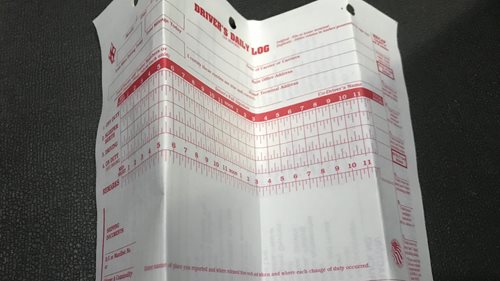
There has been a lot of conversation in regards to hours of service around the subject, that one size does not fit all trucking operations.
It seems as though the subject of rulemaking is a lot like the old saying “which came first the chicken or the egg?” Should rules be made to fit each trucking operation? As we know each one of our businesses has their own sets of challenges and demands in regards to hours of service.
As business owners, we should always lobby for rules that will benefit our own unique operation. The process of lobbying can be done through associations, phone calls, and letters to your representatives. There is always a comment period in regards to rules originating from the FMCSA and if the issue really matters to you make sure you take the time to send in your comment.
Once the rules are in place it becomes your job to figure out how to be more profitable than your competition can operate under the same set of rules. Getting back to the original question should the rules be made to fit individual operations or should the trucking operation change to fit the rule.
For example, the current hours of service allows fourteen hours of service in a day, eleven hours of drive time, and sixty hours in seven days or seventy hours in eight days. There is a call for increased flexibility from most of the industry within the current rules. Keep in mind all the hours of service stipulates the maximum hours you can work in any given time period.
If we as an industry are looking for flexibility is there any reason why we could not figure our business plans on a twelve-hour day which included nine hours of driving? By building our business plan in a manner that does not use every conceivable minute of the on-duty time we would create an environment which allowed for a certain degree of flexibility. This would allow for some flexibility when an adverse situation enters into the equation.
There is not anything in any of the rules that state we must use all of our available driving and on-duty hours. It is our peers who are willing to run their business at the edge of HOS compliance that dictates the levels of compensation which entice us to join them near the precipice. I myself will admit to having the goal of maximizing my available duty status. However, I base my weekly time in the neighborhood of fifty-two hours a week. On a typical week, I try to maximize the hours of a day which usually leaves me with a four to five-hour day on my last leg of my weekly trip. There are times when an opportunity comes up to use my left-over hours to generate additional revenue. When this opportunity presents itself, I know going in that there may be not enough hours to complete the task if something goes awry.
In the end is there any reason why we cannot build flexibility into our own operations?